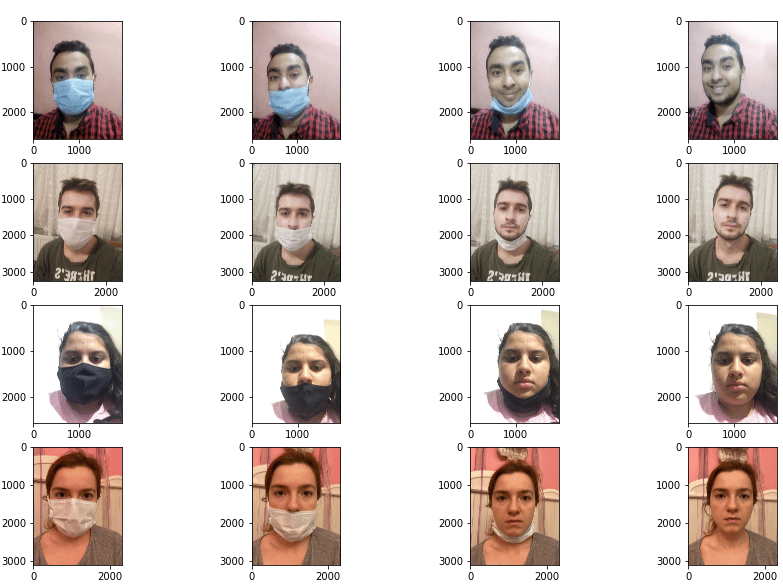Executive Summary
As individuals become accustomed to the pandemic and public alert levels go down, more and more people may be seen letting their guard down when it comes to health protocols, such as failing to wear facemasks properly. Needless to say, this increases the danger of COVID transmissions or possibly even a resurgence in cases. However, it is difficult to track and measure whether people are wearing face masks in public on a large scale, let alone enforce mask-wearing norms.
Using the latest tools to process big data consisting of about 84GB in images, combined with the power of deep learning techniques in computer vision, a model that can accurately detect whether a person is WEARING A MASK, HAS AN INCORRECTLY WORN MASK, or HAS NO MASK at all is proposed. The final model has a weight of just 800 KB, which can be easily deployed at scale in any setting or device.
The project demonstrates the usage of Amazon Web Services (AWS) Elastic MapReduce (EMR) and Spark’s MLlib to do big data classification. Transfer Learning was explored and a pre-trained deep learning model was used to convert the raw data to features that will be used to train some classic machine learning (ML) models. The best model was Logistic Regression as it gave the highest accuracy with 88.4% on the test set, higher than the 1.25 x PCC’s 41.68%. The model was also able to make predictions for new and unseen images.
Other deep learning models, such as Neural Networks, could be explored to improve the test accuracy of the model. For transfer learning, EfficientNet B0 was utilized, but alternative architectures or state-of-the-art models or fine-tuning of the pre-trained neural network might also be explored. Other cloud systems and pipelines, such as Dask Tensorflow and Google Cloud Platform, may also be worthwhile to check. Ultimately, it is recommended that the model be refined and implemented for production and deployed in densely crowded areas with high risks of viral transmission such as schools, airports, churches, and shopping malls.



